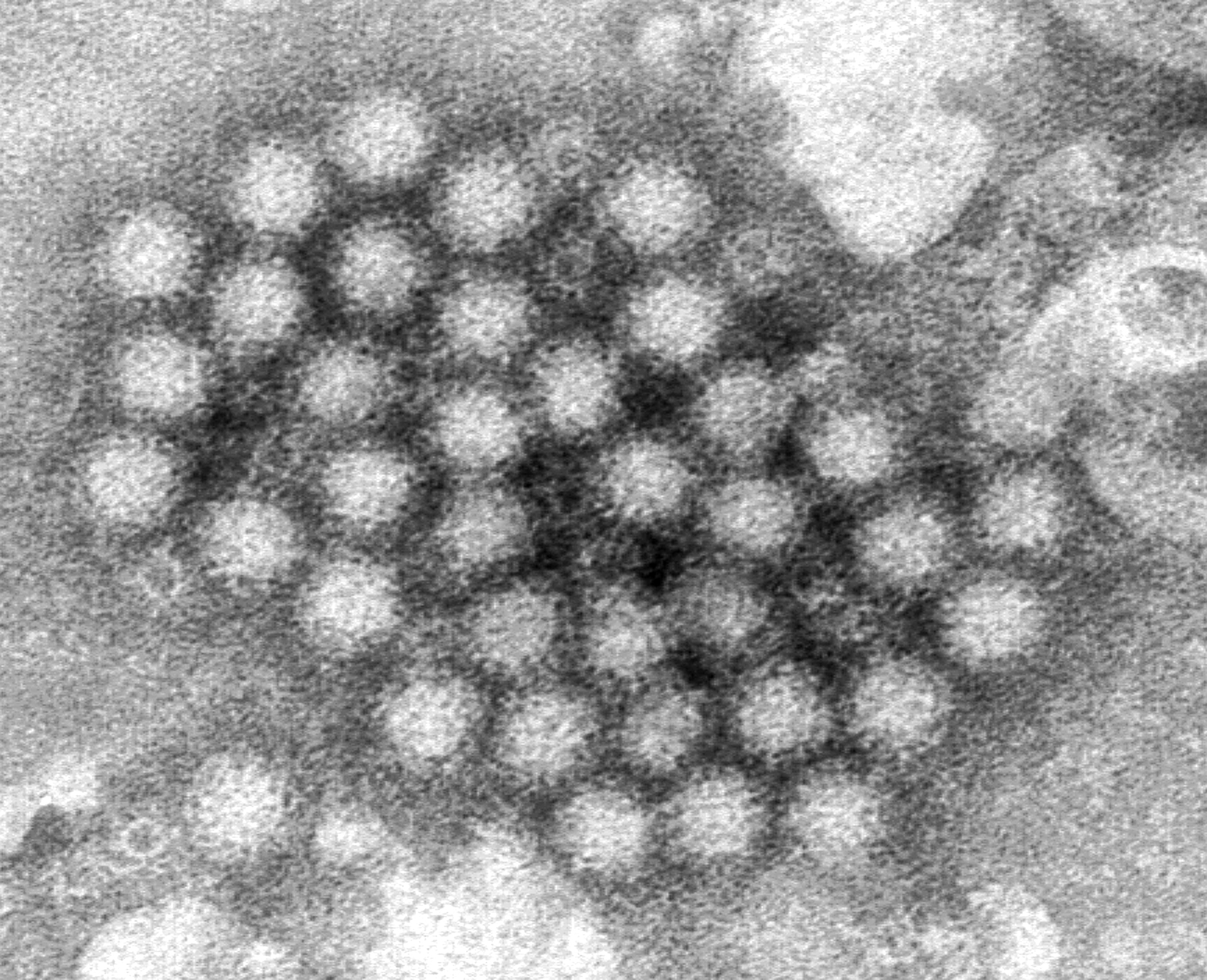The Philadelphia Health Department is warning travelers of a possible measles exposure at the Philadelphia International Airport.
The possible exposure occurred on Friday, May 31, 2024, from 2:50 p.m. to 6 p.m. in the Federal Inspection Area at the airport’s Terminal A West, according to the health department. Officials said a person with measles was traveling through the airport and is not related to a recent measles case from Philadelphia.
“We believe there is no threat to the general public associated with this case of measles,” Dr. Landrus Burress, Director, Division of Disease Control, said. “We encourage people who were possibly exposed to take action if they are not protected against measles. Many countries, including travel destinations, are experiencing measles outbreaks, so the potential for travel-related measles cases and subsequent outbreaks in the United States has increased. We strongly encourage parents to follow the CDC’s immunization schedule and get their children fully vaccinated as soon as they are able. People planning to travel outside the United States should speak with their doctor about their travel plans and vaccinations needed.”
Measles is a highly contagious virus that can be spread to others who are not protected against it through direct contact with respiratory droplets or through droplets in the air from coughing and sneezing.
Get top local stories in Philly delivered to you every morning. >Sign up for NBC Philadelphia's News Headlines newsletter.
Early symptoms of measles are fever, runny nose, cough and red, puffy eyes followed by a rash. For some people, measles can be a serious infection that leads to pneumonia, brain infection and even death.
The best protection against measles is getting the Measles, Mumps, and Rubella (MMR) vaccine. The MMR vaccine is safe and highly effective in preventing the virus, according to numerous health experts. The vaccine is recommended for patients 12-15 months of age with a second dose given between the ages of 4 and 6. Infants under 12 months old are not routinely eligible for vaccine and are not protected. Health experts recommend however that infants between the ages of 6 to 11 months old should receive a dose of MMR vaccine to protect them before traveling internationally.
Families who are traveling outside the United States should also speak to their infant’s pediatrician at least two weeks before leaving.
Health
The Philadelphia Health Department shared the following recommendations for anyone possibly exposed to the measles:
Determine if you’re protected against measles. Generally, people who are considered immune and protected are those born before 1957, or have already had measles or have received two doses of measles-containing vaccine. Check your vaccination records or ask your healthcare provider to see if you have already had two doses of the MMR vaccine.
If you are protected from measles, you don’t have to take any further action, according to health experts.
If you are not protected from measles, you should receive a dose of the MMR vaccine and talk to your healthcare provider to learn how you can get it.
Those who are under 12 months of age, pregnant and not immune or have a weakened immune system should consult with their healthcare provider as soon as possible.
Measles is contagious for four days before to four days after a rash starts. If you are not immune and may have been exposed, you could give measles to someone at high risk before developing a rash. Those who are not immune and possibly exposed should wear a mask in indoor public spaces and around anyone who is unvaccinated until three weeks after the exposure.
If you are not immune, may have been exposed and develop any symptoms through June 21, 2024, that appear like measles, contact your doctor immediately. Early symptoms of measles include fever, runny nose, cough and puffy, red eyes followed by a rash. You should also notify the Philadelphia Health Department at 215-685-6740 or state health department at 877-724-3258.



